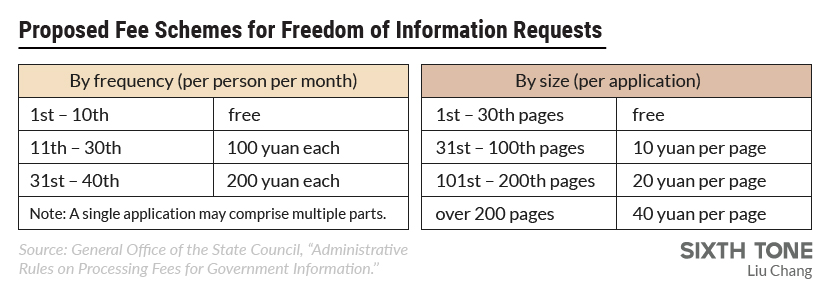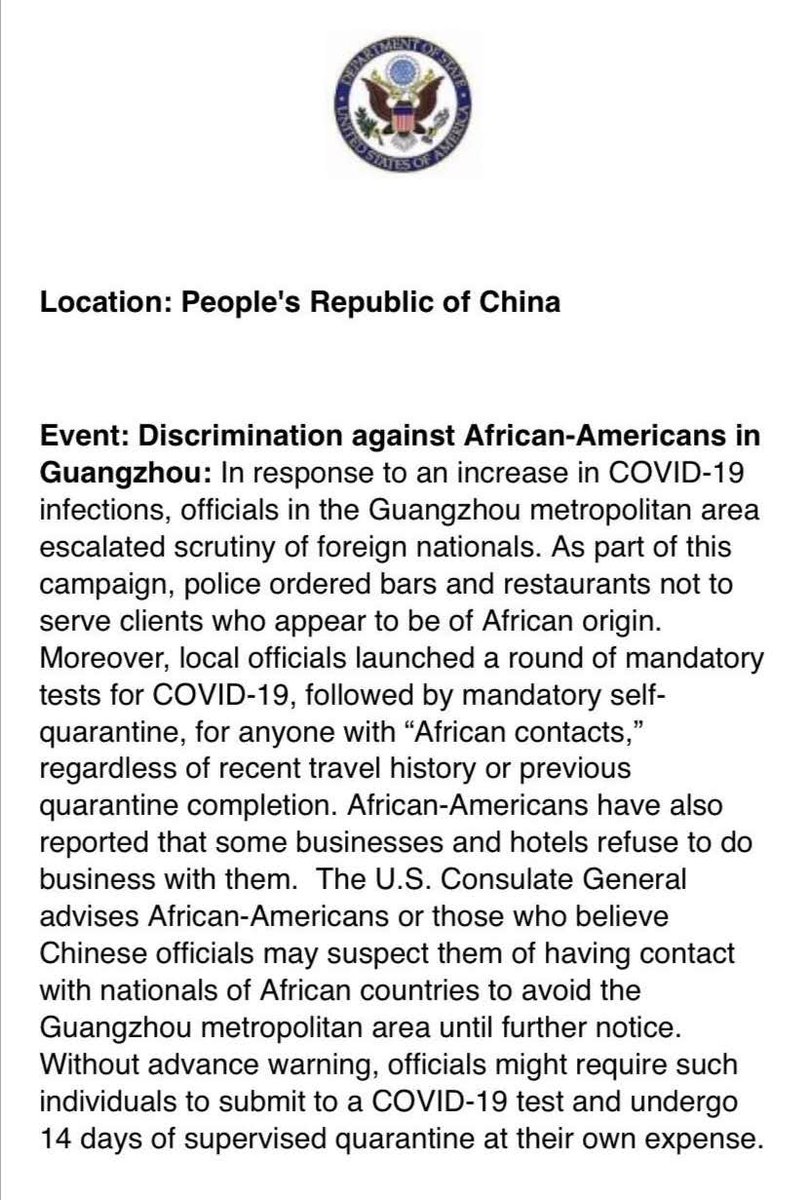
ICYMI, last week @LinkedIn said it suspended new user registration in China while it works to comply with local laws. Previously, Chinese media had loudly objected to LinkedIn’s parent company, #Microsoft, accusing Beijing of being behind a massive email server hack. A thread:
In a statement Tuesday, LinkedIn said the pause was temporary: “We’re a global platform with an obligation to respect the laws that apply to us, including adhering to Chinese government regulations.” No specific articles of legislation were mentioned. news.linkedin.com/2021/march/an-…
The Microsoft-owned company with roughly 740 million members worldwide has been a rare success story in China, where many global social media platforms are inaccessible without VPNs. nytimes.com/2014/10/06/tec…
But @LinkedIn has also faced criticism for censoring critics of the Communist Party and failing to crack down on China’s espionage and intelligence-gathering activities.
Example 1: buzzfeednews.com/article/meghar…
Example 2: reuters.com/article/us-lin…
Example 3: axios.com/chinese-commun…
Example 1: buzzfeednews.com/article/meghar…
Example 2: reuters.com/article/us-lin…
Example 3: axios.com/chinese-commun…
In early March, Microsoft said hackers in China were responsible for a barrage of cyberattacks on the company’s #Exchange email servers… edition.cnn.com/2021/03/03/tec…
…prompting the White House to announce it would form a special task force to investigate. theguardian.com/us-news/2021/m…
…prompting the White House to announce it would form a special task force to investigate. theguardian.com/us-news/2021/m…
News of the U.S. government probe rankled Beijing. The Party-backed Global Times wrote that such a move would “poison relations between the two countries.” globaltimes.cn/page/202103/12…
(This article was published the same day @LinkedIn announced its suspension on new Chinese users.)
(This article was published the same day @LinkedIn announced its suspension on new Chinese users.)
On Wednesday, Global Times said Microsoft was not being “punished” for the hacking allegations. “The suspension of @LinkedIn sign-ups and the claimed hack attack are separate events, and some Western media are trying to mix the two up to … vilify China.” globaltimes.cn/page/202103/12…
When @SixthTone tried to register a new LinkedIn account on Friday, the site redirected to a page displaying part of the suspension statement.
“Please try again later,” it added.
“Please try again later,” it added.
In response to an emailed request for comment, @LinkedIn China’s public relations department said the suspension was aimed at “creating better economic opportunities for Chinese users,” as well as ensuring that all content on the platform complies with local laws.
In January, China’s internet regulator announced new rules for social media accounts, instructing platforms to establish content-monitoring systems and purge posts that “fabricate information to distort facts and mislead the public.”
Details: xinhuanet.com/english/2021-0…
Details: xinhuanet.com/english/2021-0…
(The rules came into effect a month later, in mid-February, but it’s unclear whether they factor into the @LinkedIn case. )
The suspension hasn’t gone unnoticed among LinkedIn users in China. One user, surnamed Song, told @SixthTone it would be a pity if the platform became censored on the Chinese mainland.
“Politics shouldn’t get in the way of professional communication,” she said.
“Politics shouldn’t get in the way of professional communication,” she said.
According to LinkedIn’s official website, the platform was founded in 2003 and now operates in more than 200 countries and regions. As of Q3 last year, it had 52 million users in China.
In December 2016, Microsoft bought LinkedIn for $26.2 billion, a price some commentators found ridiculous. forbes.com/sites/petercoh…
Last year, the networking site cut 960 jobs, or around 6% of its global workforce, due to strain from the COVID-19 pandemic. reuters.com/article/us-lin…
Last year, the networking site cut 960 jobs, or around 6% of its global workforce, due to strain from the COVID-19 pandemic. reuters.com/article/us-lin…
I’ll conclude by saying that, while it’s true there is no evidence that the @LinkedIn suspension was retaliation for Microsoft’s hacking allegations, you’d think the authorities would have allowed our article to publish if they really felt secure in their righteous indignation.
• • •
Missing some Tweet in this thread? You can try to
force a refresh











